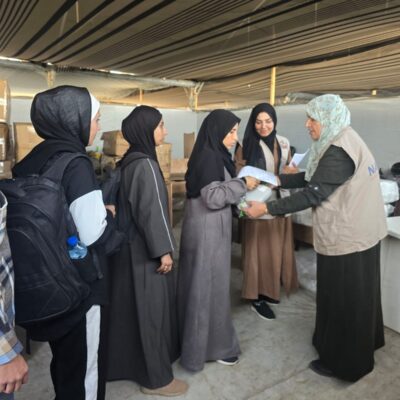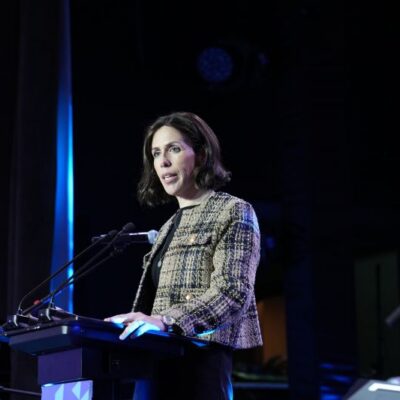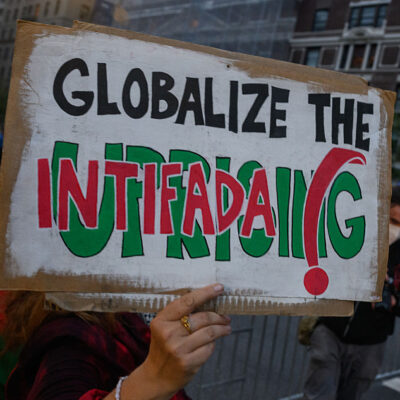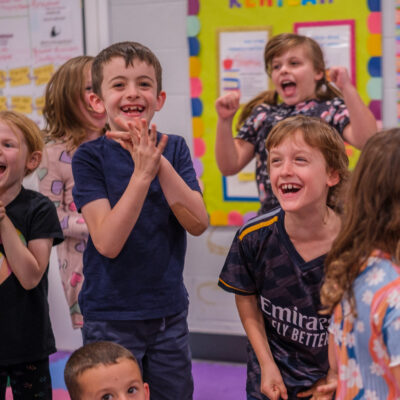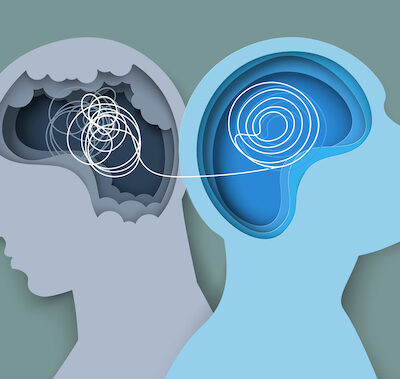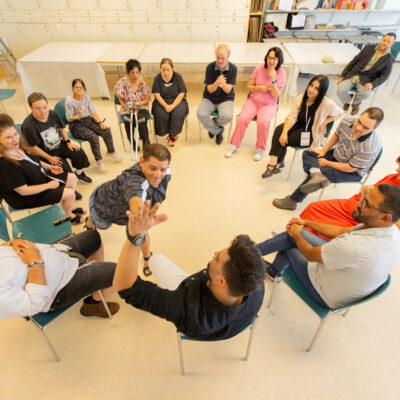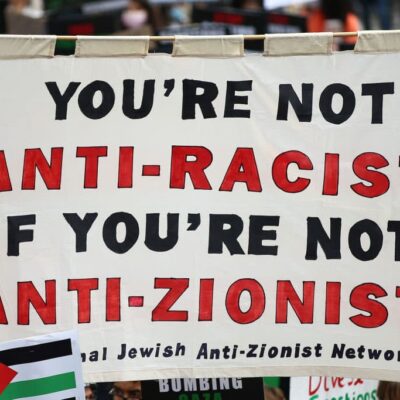Opinion
Talmud for our times
The cry of the mothers
I am a mother. There is only one way for me to experience this moment, to take in the brutality of the current war in Israel and Gaza, and that is as a mother. I see each horrific story of slaughter and kidnapping through the eyes and heart of the mother. My heart aches with the pain of mothers whose children were murdered, mothers left to raise families alone, mothers whose children were taken. I reach for my own children and hold them close as my mind wanders into the minds of mothers who cannot reach for theirs, who don’t even know if their children are dead or alive, alone or with others. There is a unique pain of a mother who cannot care for her child. I feel it in my bones.
Through the experience of motherhood I feel a direct connection to other mothers — especially those in Israel, but extending also to include those mothers watching this terrible war from the other side.

Photo by Gregor Ritter on Pixabay
In her recent essay in The New York Times, Israeli mother Rachel Goldberg took my breath away. Her son, Hersh, is severely injured and currently being held captive in Gaza, and her words moved me so powerfully that I physically cut them out of the newspaper and glued them into my personal journal. They will be a part of me forever. She writes:
“Every single person in Gaza has a mother, or had a mother at some point. And I would say this, then, as mother to other mothers: If you see Hersh, please help him. I think about it a lot. I really think I would help your son, if he was in front of me, injured, near me.”
Rachel cannot care for her own son. Her pain is bottomless; and yet, she is able to connect with the mothers of her enemies. She speaks to those mothers directly. They are words of desperation but also compassion. “I would help your son,” she promises. Incredibly, her inability to help her own son has led, not to calls for rage and revenge, but to a conviction that she would and must care for the sons of others. She knows “Every single person in Gaza has a mother.” This is a remarkable thing to say about the place where her own son is held in enemy hands. Yet this is the image she returns to as the days turn to weeks. In a seemingly hopeless situation, she reaches for this: there are mothers on the other side of this war, too. The ability to see and feel as a mother makes this moment particularly painful; it also forces us, allows us, to hold onto our humanity.
A midrash teaches that the call of the shofar on Rosh Hashanah is the sound of the crying of Sarah — our mother, the mother of the Jewish people — at the moment she learns her son has been taken by Abraham to the altar as a sacrifice. The cry of the mother who cannot reach her son is the core sound of the holiest days of our year. The cry of the mother pierces our souls and opens the heavens to hear our prayers.
But, like Rachel Goldberg, the Talmud makes a radical and surprising move by expanding the cry of the shofar to include the tears of another mother. She is not one of our mothers, but the mother of Sisera, an enemy general.
Amid story after story of the Israelites fighting enemies who seek their demise, the Book of Judges pauses to share the heartbreaking image and voice of the mother of the opposing army’s leader in the moment she realizes her son will never return from the war: “Through the window peered Sisera’s mother, behind the lattice she wailed: ‘Why is his chariot so long in coming? Why so late the clatter of his wheels?’” (5:28).
Her desperate cry carries through the ages and transforms into the cry of the shofar. Our deepest, most profound spiritual cry is thus the blended sound of the pain of these mothers.
As a mother, I feel the pain of the mothers in Israel, the mothers of the hundreds of hostages of all nationalities; and also, differently, the mothers in Gaza. The cries of these mothers penetrate my soul. They are the cries of Sarah and of Sisera’s mother. They take my breath away.
I pray with all my heart that Rachel’s son is returned to her. I pray with that same heart that no more children are killed. To be a jewish leader at this moment, especially a religious leader, is going to require drawing on everything we have available. I don’t know how we will find our way to safety and security for all of our children. Motherhood and ancient wisdom alone do not provide military and political strategy — but they do force my heart to remain open. As painful as that is, it is better than the alternative.
Rabbi Avi Killip is executive vice president of the Hadar Institute.

 Add EJP on Google
Add EJP on Google
